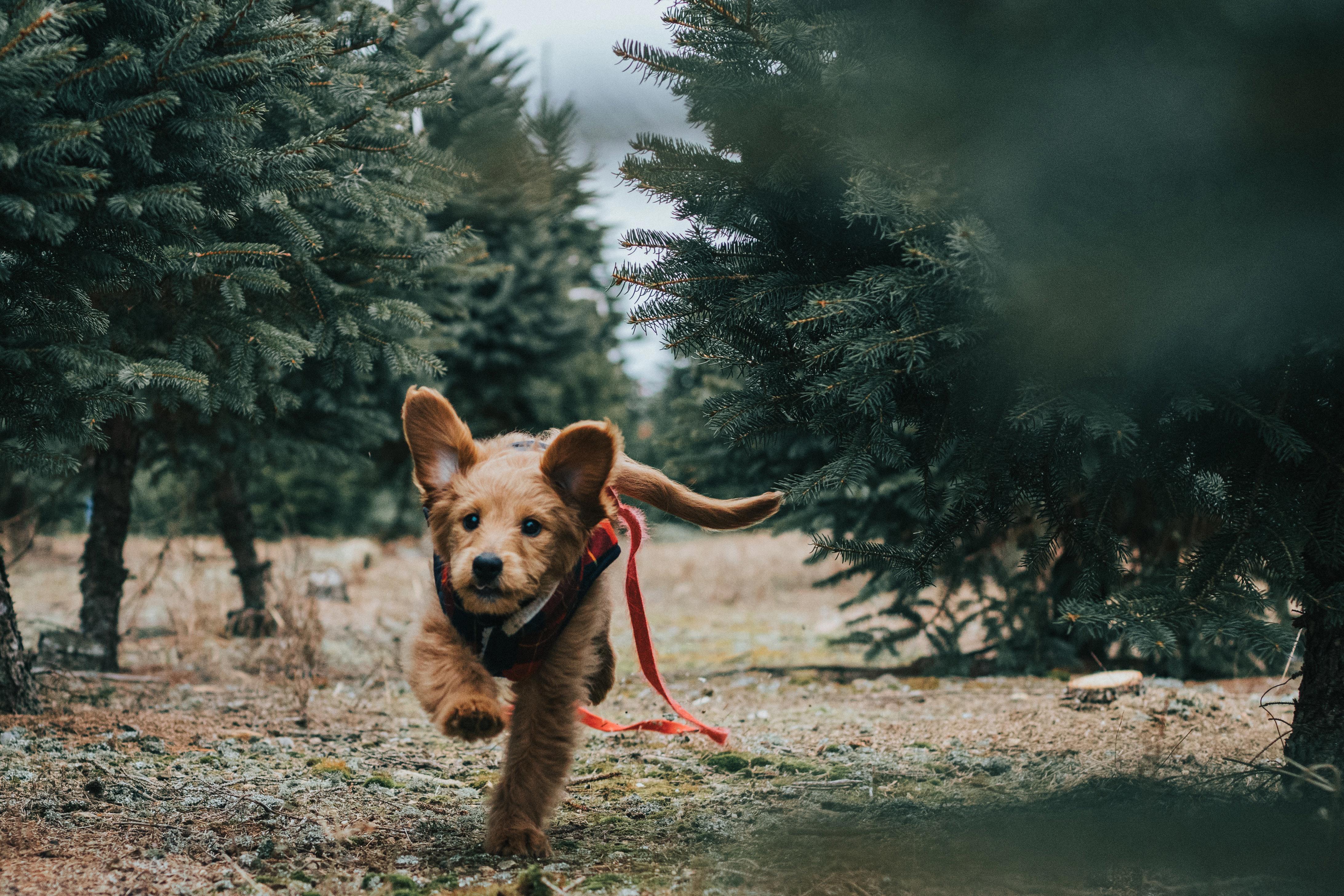As a German Shepherd owner, you know how much your furry friend loves to run, play, and explore. However, have you noticed your pup constantly sneezing, itching, and rubbing their nose against surfaces? If so, your German Shepherd might be suffering from allergies to grass and pollen. Just like humans, dogs can experience allergies that cause discomfort and irritation, and it’s essential to know the signs and symptoms to provide your furry friend with the right treatment. In this post, we will discuss the causes, symptoms, and treatments of grass and pollen allergies in German Shepherds, so you can help your pup feel their best and get back to enjoying their favorite activities.
Is Your German Shepherd Sneezing? Understanding Grass and Pollen Allergies in German Shepherds
If you own a German Shepherd, you know that they are a breed known for their strength, loyalty, and intelligence. German Shepherds are also known for being prone to allergies, just like many other breeds. In particular, they can suffer from allergies to grass and pollen. If your German Shepherd seems to be sneezing or experiencing other allergy symptoms, it is important to understand the causes and treatments for this condition.
What Causes Grass and Pollen Allergies in German Shepherds?
Allergies in German Shepherds are caused by an overactive immune system that reacts to harmless substances as if they are dangerous. When your dog comes into contact with grass or pollen, their immune system produces antibodies that trigger the release of histamines. These histamines cause the symptoms of an allergic reaction, including sneezing, itching, and inflammation.
The severity of your German Shepherd’s allergies can vary depending on the amount of exposure they have to the allergen. Dogs that spend a lot of time outside or in areas with high levels of pollen may experience more severe symptoms than those that spend most of their time indoors.
Symptoms of Grass and Pollen Allergies in German Shepherds
If your German Shepherd is sneezing, experiencing watery eyes, or has a runny nose, they may be suffering from allergies to grass or pollen. Other symptoms of allergies in dogs can include:
– Itchy skin
– Hives
– Inflamed skin
– Ear infections
– Diarrhea
– Vomiting
– Difficulty breathing
If your dog is experiencing any of these symptoms, it is important to take them to the vet for a proper diagnosis. The vet will be able to determine if your dog is suffering from allergies or if there is another underlying condition that is causing their symptoms.
 - Copy.jpg)
Treatment for Grass and Pollen Allergies in German Shepherds
The treatment for allergies in German Shepherds will depend on the severity of their symptoms. In most cases, the vet will recommend a combination of treatments to help manage your dog’s allergies.
Antihistamines are often used to help reduce the symptoms of allergies in dogs. These medications work by blocking the histamines that are released during an allergic reaction. Some common antihistamines that are used for dogs include Benadryl and Zyrtec.
In more severe cases, your vet may recommend a steroid medication to help reduce inflammation and itching. These medications can have side effects, so they should only be used under the guidance of a veterinarian.
Allergy shots are another treatment option for dogs with severe allergies. These shots contain small amounts of the allergen that your dog is allergic to, which helps to desensitize their immune system over time.
Preventing Grass and Pollen Allergies in German Shepherds
Preventing allergies in German Shepherds can be difficult, but there are some steps you can take to reduce your dog’s exposure to grass and pollen. Keeping your dog indoors during high pollen count days can help reduce their symptoms. You can also try using air purifiers and vacuuming frequently to remove pollen from your home.
Regular grooming can also help reduce your dog’s exposure to grass and pollen. Bathing your dog once a week can help wash away any allergens that may be on their skin or fur. You can also use wipes to clean your dog’s paws after they have been outside.
Conclusion
If your German Shepherd is sneezing or experiencing other allergy symptoms, it is important to take them to the vet for a proper diagnosis. Grass and pollen allergies in German Shepherds can be managed with a combination of treatments, including antihistamines, steroids, and allergy shots. You can also take steps to prevent allergies by reducing your dog’s exposure to grass and pollen. With the right care and treatment, your German Shepherd can live a happy, healthy, and allergy-free life.
In conclusion, while German Shepherds are generally healthy dogs, they can suffer from allergies just like humans. If you suspect that your German Shepherd is experiencing grass or pollen allergies, it’s important to consult with your veterinarian to determine the best course of treatment. With the right care and attention, you can help your furry friend breathe easier and enjoy the great outdoors without any discomfort or irritation. Remember to always keep an eye on your dog’s health and well-being, and don’t hesitate to seek professional help if you notice any concerning symptoms.


%20-%20Copy.jpg)
.jpg)
.jpg)


.jpg)
%20-%20Copy.jpg)